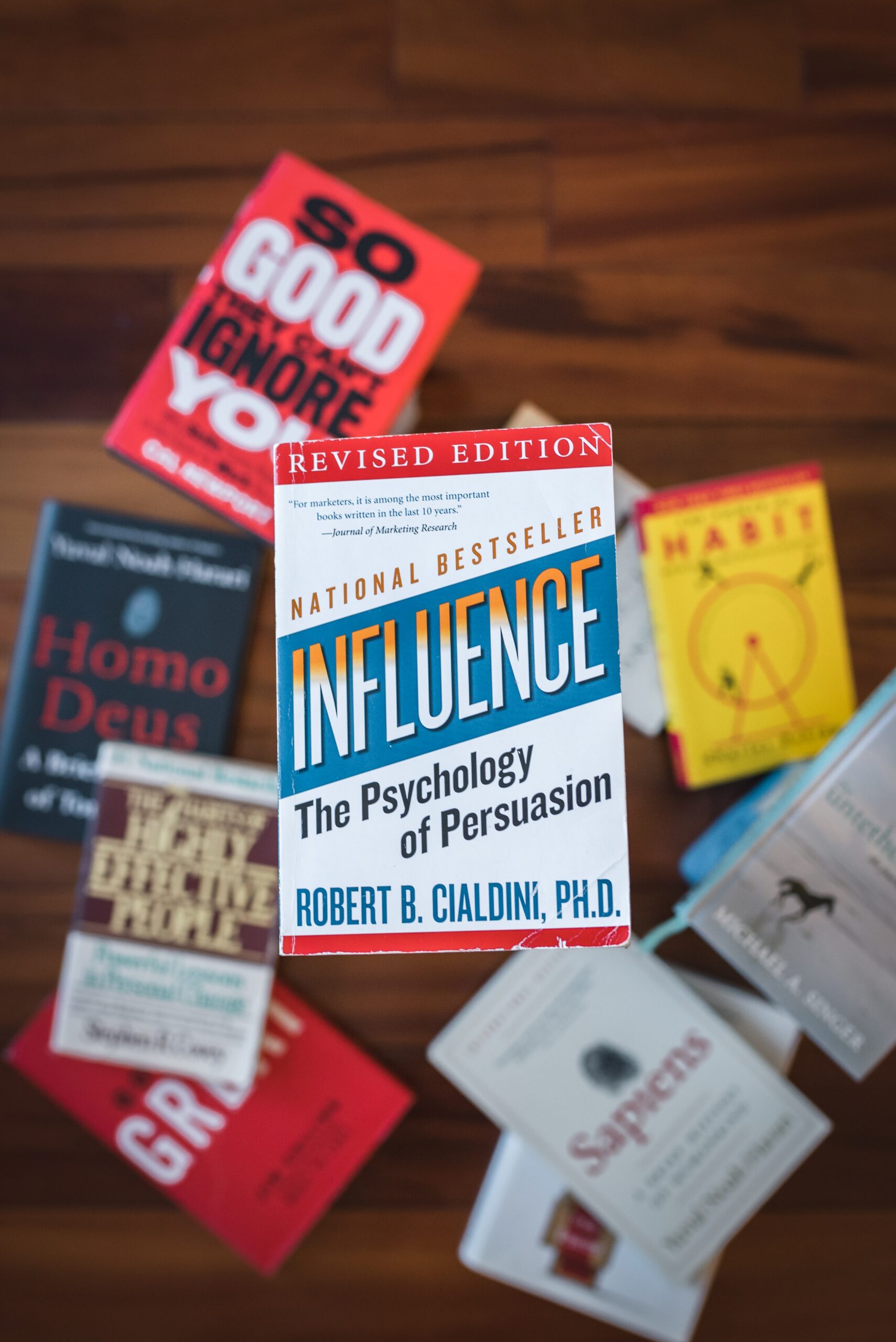Protecting Intent: The risk of Undue Influence in a Will
When you write your Will, you choose to leave your estate to your choice of beneficiaries. If someone is persuaded or pressured into leaving their money to a certain individual, this could be seen as undue influence. In this case a Will could be challenged in the courts.
There are a number of grounds on which a Will can be contested. This includes where undue influence has been exerted over the testator or person making the Will. This could be coercion, intimidation or manipulation that has led the testator to include someone in the Will.
Spotting Undue Influence
What is undue influence in a Will? Undue influence exists where someone has exercised their power to overbear an individual who is making their Will. However it may be difficult to know if this has happened. Although if a Will contains a large and unexpected gift then you may be suspicious.
It can also be a warning if the Will was changed not long before death. The changes were unexpected and different to wishes they had previously expressed.
Where the person suspected of coercing was a major presence in the deceased’s life before their death. The deceased was reliant on them at the time the Will was changed. This could be a warning sign, particularly if the deceased had been unwell or frail or otherwise overly susceptible to influence.
What to do if you think there has been undue influence in making a Will
Always speak to a legal expert if you believe that a loved one may have been exposed to outside pressures. If you feel this may have led them to changing or making a Will in someone’s favour. It can be difficult to prove undue influence, however a contentious probate solicitor will be able to talk you through your options. It is often possible to resolve matters without the need for a court hearing.
How to prove undue influence in a Will
The level of influence required is more than simple persuasion. The court will consider whether it believes that the deceased would have made the gift, had no coercion occurred. Coercion is classed as being influence that overwhelms the testator’s wishes. Although it does not need to completely change their mind.
The mental state of the deceased at the time the Will was made or changed will be looked at. They will also consider their physical wellbeing and their dependence on the individual in question.
The court will consider whether it believes the Will to be what the testator wanted to happen or whether it follows someone else’s wishes. The facts of the case need to do more than show undue influence, they should be inconsistent with any other hypothesis. However, the court will accept that undue influence has been proved without direct evidence in some cases.
Where undue influence is proved, the court will state that the Will is invalid. The estate will either pass under the terms of an earlier valid Will or, where there is no other Will, under the Rules of Intestacy.
Time limit for claiming undue influence
It is important to consider whether you wish to make a claim as soon as possible. In some cases, the time limit for commencing action may be only six months from the date of the Grant of Probate.
If you have concerns about a Will, you are strongly recommended to talk to a solicitor. It is often possible to reach agreement without the need to prove a case in court.
Contact us
If you would like to speak to one of our experts call us FREE on 0800 781 6658 or email us at enquiries@estplan.co.uk

Our services help numerous clients and their families to proactively safeguard their wealth and optimise inheritance for cherished beneficiaries. Plan for the future now, ensuring later-life protection and certainty for your loved ones.
